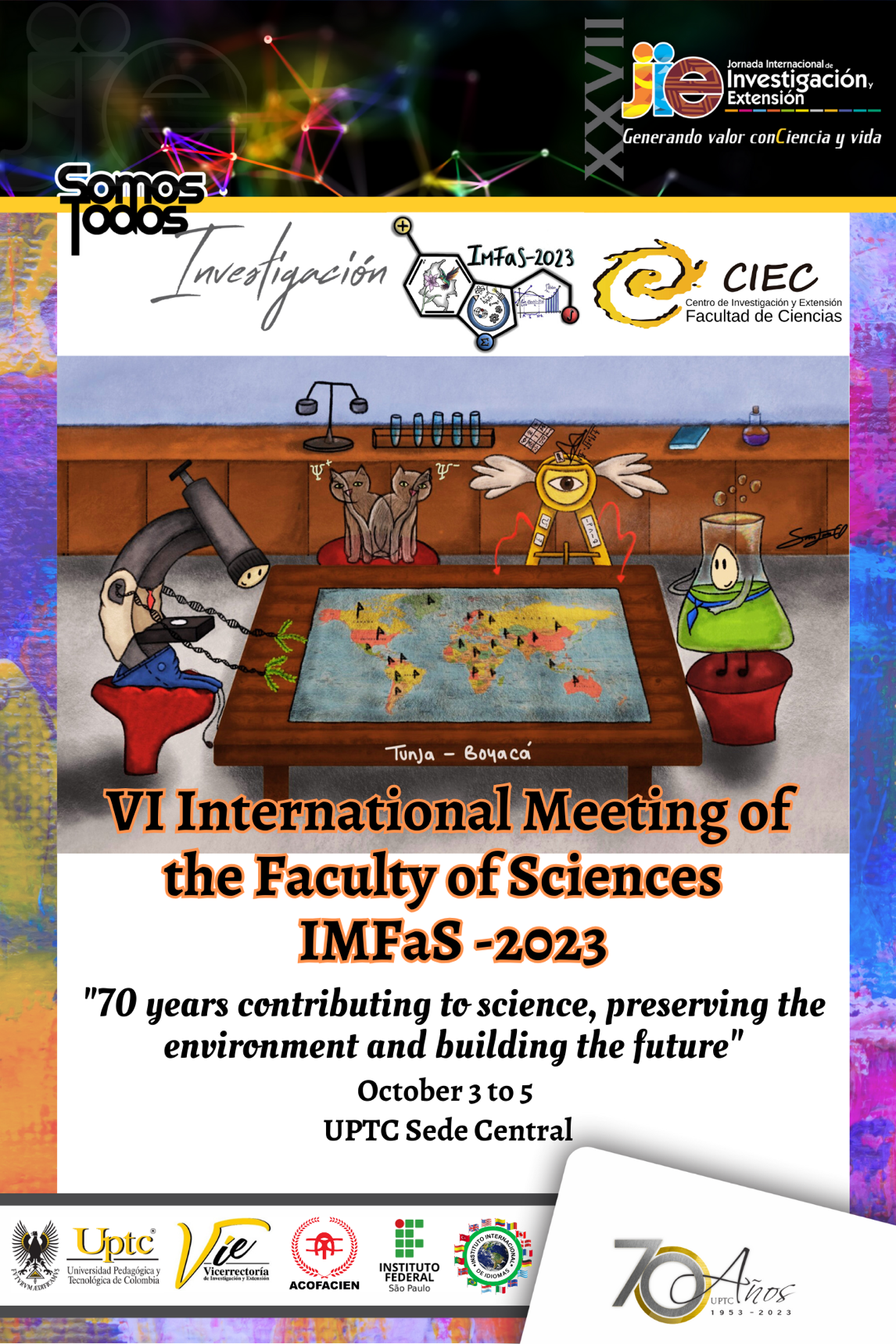Green Criminology an Emerging Discipline. Bibliometric Overview (2000-2022)

Abstract
Green criminology focuses mainly on the study of the negative impacts generated towards a natural environment. The objective of this article was to evaluate trends in scientific production on green criminology and, through a documentary review, to identify the main sources of water pollution. The search was conducted in English, in the Scopus database, limiting the search period from 2000 to 2022. A total of 405 documents were found. The main trends of scientific production at the international level show an average annual growth rate of 27.1%, with an increase in publications in journals indexed in different bibliographic reference databases. This research contributes to the knowledge of the dynamics of scientific production on green criminology and serves as a reference with contributions for the design of future research on the subject.
Keywords
Green Criminology, Bibliometric Indicators, Water Pollution, Crimes, Environmental Legislation
References
- Gutiérrez, P. "Criminología verde y límites planetarios: el impacto del cambio climático en la criminología." Tesis de grado, Universitat Jaume I, Castelló de la Plata, España. 2022
- Lynch, M. J., & Stretsky, P. B. "The meaning of green: Contrasting criminological perspectives." Theoretical Criminology, vol. 7(2), pp. 217-238. 2003.
- Potter, G. "Criminología verde como eco criminología: El desarrollo de una ciencia social crimenecológicamente informada Bogotá: Universidad Antonio Nariño y Temis." 2017.
- Gibbs, C., Gore, M. L., McGarrell, E. F., & Rivers III, L. “Introducing conservation criminology: Towards interdisciplinary scholarship on environmental crimes and risks”. The British Journal of Criminology, vol. 50(1), pp. 124-144. 2010.
- Goyes, D.R. "Southern Green Criminology: A Science to End Ecological Discrimination" (Perspectives on Crime, Law and Justice in the Global South). Emerald Publishing Limited, pp. 131-152. 2019.
- Brisman, A., & South, N. "The growth of a field: A short history of a ‘green’ criminology”. In Routledge international handbook of green criminology. pp. 39-51. Routledge. 2020.
- Goyes, D. R. “Latin American green criminology”. Justice, Power and Resistance, vol. 6(1), pp. 90-107. 2023.
- Heckenberg, D., & White, R. (2020). "Innovative approaches to researching environmental crime." In Routledge international handbook of green criminology, pp. 110-131. Routledge.
- Gómez-Velasco, N. Y., Acuña Rodríguez, O., & Bautista, A. F. "Historia Y MEMORIA casi 10 años consolidando comunidad historiográfica. Una mirada desde la Bibliometría." Historia y Memoria, vol. 20, pp. 209-247. 2020.
- Ogle, D. H. Introductory fisheries analyses with R. CRC press. 2018.
- Fox, J., & Weisberg, S. An R companion to applied regression. Sage publications. 2018.
- Peña, D. Estadística. Modelos y métodos Tomo 2: Modelos lineales y series temporales. Alianza Universidad. 1998.
- Nyka, M. "Crime against the natural environment–ecocide–from the perspective of international law." Eastern European Journal of Transnational Relations, vol. 6(2), pp. 9-16. 2022.
- White, A. "May We Be Buried Alive Together": Towards an Intersectional Feminist True Crime Praxis. 2020.
- Nurse, A. An introduction to green criminology and environmental justice. SAGE Publications Ltd. 2015.
- Barrett, K. L., Lynch, M. J., Long, M. A., & Stretesky, P. B. "Monetary penalties and noncompliance with environmental laws: a mediation analysis." American Journal of Criminal Justice, vol. 43, pp. 530-550. 2018.
- FAO / Organización de las Naciones Unidas para la Agricultura y la Alimentación / Sistema de información global sobre el agua (AQUASTAT).
- Filipenco, D."Water pollution in the world: major causes and statistics." Development aid. 2022.
- Habitat, U. N. "Progress on wastewater treatment—global status and acceleration needs for SDG indicator 6.3." World Health Organization (WHO), pp. 544-565. 2021.